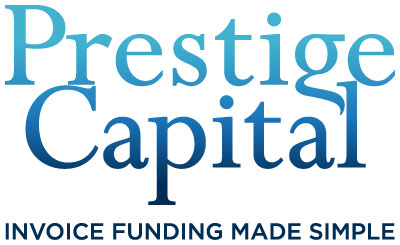Partnership with Businesses
Turn accounts receivable into immediate cash

At one time or another, every company runs into a cash flow crunch, losing out on business opportunities or falling behind while waiting 30, 60 or even 90 days for customer payments. Unfortunately, traditional financing doesn’t always fit these needs, may have too many restrictions, or takes too long for approval.
Accounts receivable financing, or invoice financing, with Prestige Capital provides you with the cash flow you need to function properly. You sell us your invoices and we immediately advance you the funds to operate and grow your business. It’s a line of credit based on your sales, not your net worth. There are no limits, and you can get started with as little as $250,000 in qualified accounts receivable.
Plus when you finance invoices at Prestige, there are:
- No monthly minimum obligations
- No tax returns or financial statements required
- No financing covenants
- No traditional personal guarantees
- No operational audits
- No minimum fee requirements
- No long term contract requirements (as little as 3 months)
- No closing costs (other than a one-time due diligence fee)
- No legal fees
- No obligations to sell all receivables. You choose which receivables to fund and we assume the credit risk
- Most deals are non-recourse, insulating you from the cost of bad debt
- There are hundreds of situations in which our fast, flexible receivables financing can help.
Benefits include:
- Meet payroll and other immediate cash flow requirements
- Spend more time on business operations and less time on reporting requirements
- Obtain customer credit risk protection
- Purchase inventory for increased sales
- An alternative to bank financing or equity financing •Supplement or reduce the amount of equity required
- Take advantage of vendor discounts and opportunistic purchases
- Bring taxes current
- Acquire equipment necessary to reduce costs
- Reorganize, whether in or out of bankruptcy
- Make strategic acquisitions
- Manage seasonal sales fluctuations










